
REFINE - Regulatory Science Framework for Nano(bio)material-based Medical Products and Devices
REFINE will pioneer a Regulatory Science Framework (RSF) for the risk-benefit assessment of NBM-based medicinal products and medical devices.

REFINE will pioneer a Regulatory Science Framework (RSF) for the risk-benefit assessment of NBM-based medicinal products and medical devices.

Creating a reality-ready robot brain in virtual reality.

The objective of this project is to develop an intumescent material and a corresponding production process for automated industrial production of components for a patented type of fire stopping vents for buildings.

Photovoltaic (PV) is recognized as one of the main renewable energy solutions for fulfilling the targets defined by the EU Energy Roadmap 2050 and the SET Plan. Most of the current commercial PV devices are formed by single junctions, and more...

Omstillingsmotoren will stimulate the Norwegian industry and Norwegian SMEs to become greener, smarter and more innovative. The project is lead by SINTEF Manufacturing on behalf of NCE Raufoss.
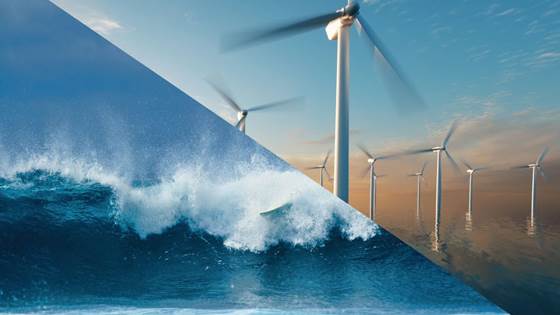
Evolving from the initial MaRINET project, EU H2020 is currently working with the project MaRINET2 towards a vision of exploiting the renewable energy potential of the oceans.
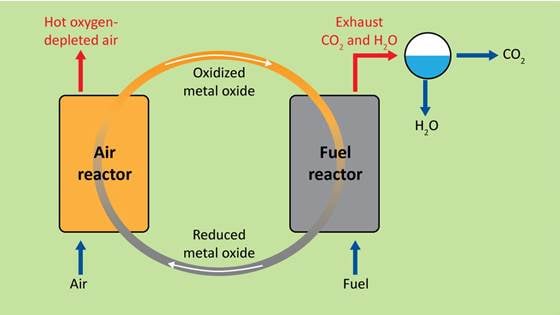
On 1 October 2017, a new Research and Innovation Action, designated CHEERS, was commenced under the EC-Horizon 2020 programme's Low-Carbon Initiative.

This project aims to develop a radically new technology for harvesting low-temperature heat. Such heat is available in huge amounts from renewable sources (e.g. geothermal and solar) as well as in many industrial and domestic processes.
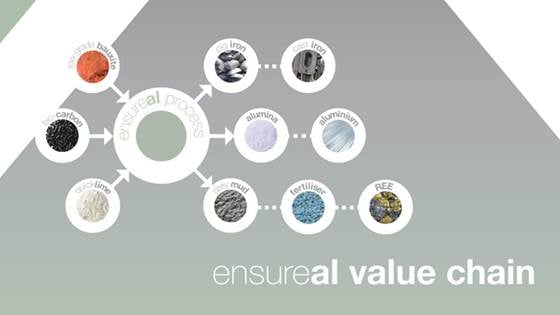
The goal of the Ensureal EU project, is to ensure zero waste production of alumina in Europe. This will be done by developing a zero-waste process for alumina production that can handle a wider range of bauxite than the existing process. The process...

In this project, which is a research-based evaluation of the introduction of cancer patient pathways (CPPs) in Norway, we investigate how healthcare personnel work to realize CPPs and how patients experience services when being in included in CPPs.
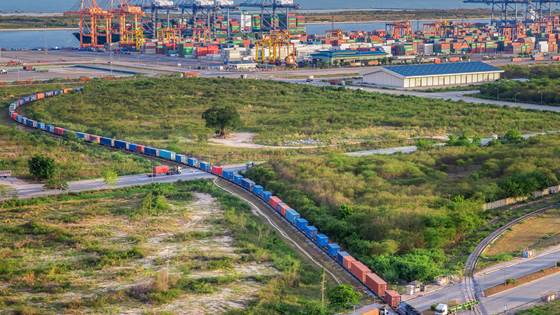
OPSTRA - Optimal Scheduling for next-generation intelligent TRAnsport systems is a pure research project devoted to develop new mathematical optimization models and algorithms for job-shop scheduling problems arising in transportation. The...
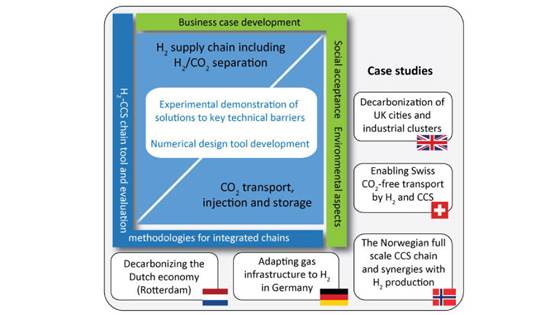
As the only technology that can substantially reduce CO2 emissions from fossil fuels, CCS is an essential component in essentially all IPCC scenarios that limit global warming to below 2°C.

The objective of MARINERG-i is to become the leading internationally distributed infrastructure in the Marine Renewable Energy (MRE) sector.

The vision of Sharing Neighbourhoods is digitalization towards a socially inclusive and caring neighbourhood. We will investigate the effects of digital collaborative sharing platforms on the social interactions in neighbourhoods, and the new...

The main goal of the OPTIMALS project is to enable multi-material solutions for high-performance aluminium-steel structural components with a total reduction of weight and manufacturing cost.

Future power systems are facing new challenges when traditional thermal generation units are replaced by renewable energy sources with power electronic grid interfaces.

CO2 capture and storage (CCS) at scale will be critical for reducing the CO2 emissions and thereby reaching our climate targets. Sharing of reference datasets from pioneering CCS projects is essential to accelerate improved understanding, build...

NorEUnergy II will focus on increasing the mobilization and participation of Norwegian actors in the field of bioenergy, as one of the prioritized scientific areas in the new integrated SET-Plan.